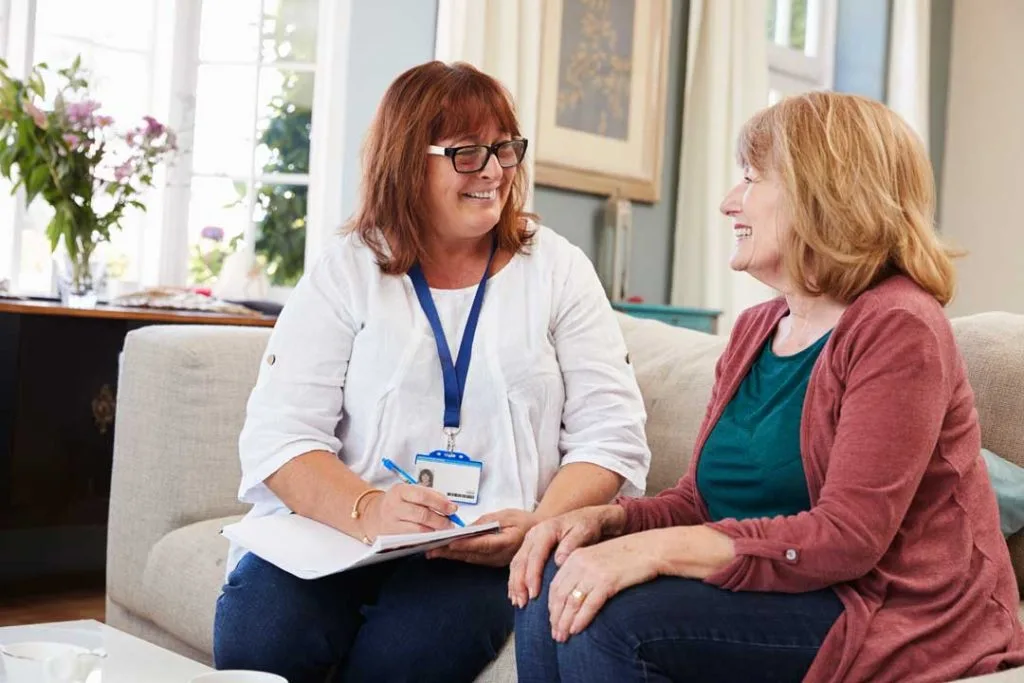Adult mental health services are changing lives—but stigma still holds many back. It’s time to break the silence and embrace support that empowers.

Prioritizing mental health is an essential part of overall well-being, yet it has historically been shrouded in stigma and misunderstanding. For adults navigating the challenges of daily life, the fear of judgment or discrimination can deter them from seeking the help they need.
The Benefits of Adult Mental Health Services
Breaking the stigma surrounding mental health services is not only vital for individual growth but also for fostering a society that values compassion and support.
The Roots of Mental Health Stigma
The stigma surrounding adult mental health services often stems from misconceptions, cultural taboos, and a lack of awareness. Many people associate mental health struggles with weakness or instability, which can lead to feelings of shame for those seeking help.

This societal bias discourages open conversations and prevents individuals from accessing the care they deserve. However, these misconceptions are completely inaccurate.
While there are those with severe mental illness that attend therapy, the scope of individuals who seek services can range from the extreme of trauma-induced PTSD to those who simply want someone to talk to because they’re stressed at work. There is no one-size-fits-all individual who attends therapy.
The Role of Adult Mental Health Services
Adult mental health services encompass a range of support options designed to meet diverse needs. These include individual therapy, group counseling, psychiatric evaluations, and holistic approaches like mindfulness programs.
Addressing the unique challenges adults face, such as work stress, family responsibilities, and trauma, these services help individuals regain control over their lives.
How Mental Health Services Empower Individuals

1. Providing Tools for Resilience
Therapy and counseling equip individuals with coping mechanisms to manage stress, anxiety, depression, and other mental health concerns. Techniques like Cognitive Behavioral Therapy (CBT) help individuals reframe negative thought patterns, fostering resilience and emotional strength.
2. Creating a Safe Space for Expression
Mental health professionals offer a non-judgmental environment where individuals can openly discuss their feelings and experiences. This safe space is crucial for self-reflection and personal growth. Also, therapists offer unbiased feedback that can make individuals feel at ease because there’s no fear of right or wrong.
3. Promoting Self-Awareness
Through therapy, individuals gain insight into their behaviors, triggers, and thought processes. This self-awareness is a powerful tool for making informed decisions and fostering healthier relationships.
4. Reducing Isolation
Many adults feel isolated in their struggles, believing they are alone in their experiences. Group therapy and community support programs connect individuals with others who share similar challenges, reducing feelings of loneliness and building a sense of belonging.
5. Encouraging Early Intervention
Access to mental health services helps individuals address issues before they escalate. Early intervention improves outcomes and empowers individuals to take proactive steps in their mental health journey.
4 Ways to Break the Cycle of Stigma
To dismantle the stigma surrounding adult mental health services, society must prioritize education and advocacy.

1. Educate Yourself and Others
One of the most effective ways to combat stigma is through education. By learning about mental health conditions, their causes, and treatment options, individuals can challenge the myths that perpetuate fear and misunderstanding. Sharing accurate information with friends, family, and colleagues can help create a more informed and accepting community.
2. Normalize Seeking Help
Open conversations about mental health can make a significant impact. When people share their experiences or express support for those seeking therapy, they help normalize the process. By speaking openly and treating mental health care as routine as visiting a doctor for physical ailments, society can encourage others to seek the help they need without fear of judgment.
3. Support Advocacy Efforts
Joining or supporting organizations that promote mental health awareness is another powerful way to create change. Advocacy groups work tirelessly to provide resources, spread awareness, and influence policy changes that improve access to mental health care. Volunteering time or donating to these organizations can amplify their efforts and help reach more people in need.
4. Challenge Stereotypes
Addressing discriminatory language and behavior is crucial in breaking down stigma. Calling out stereotypes, whether in casual conversations or in media representations, helps challenge the narrative that mental health struggles are a sign of weakness. By promoting respectful and accurate portrayals of mental health, individuals can contribute to a cultural shift toward acceptance.
Adult Mental Health Services: The Key to Breaking the Stigma and Finding Support
Empowering individuals through mental health services begins with acknowledging that seeking help is a sign of strength, not weakness. By breaking the stigma, we create a culture where everyone feels valued and supported. Whether you’re seeking services for yourself or encouraging someone else to take that step, remember that accessing mental health care is an act of courage and self-love.
Together, we can build a future in which mental health is treated with the same importance as physical health and no one feels alone in their journey.

Jessi is the creative mind behind The Coffee Mom, a popular blog that combines parenting advice, travel tips, and a love for all things Disney. As a trusted Disney influencer and passionate storyteller, Jessi’s authentic insights and relatable content resonate with readers worldwide.
